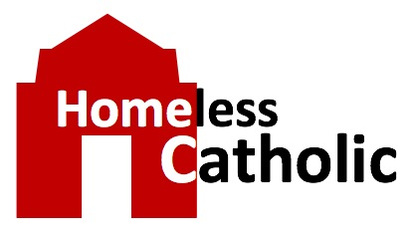St. John saw evil as pervasive
John the Baptist was a spokesman for his age. Not that he was selected for the position; but rather because his was a cosmic message, pertinent to all in his day. He said what needed to be said, announcing to all the reality of evil that was pervasive, if not obvious. We may search for a similar spokesman in our own day.
Image by dozemode
St. John saw evil as pervasive
By Steve Hall
https://bible.usccb.org/bible/readings/080523.cfm
Leviticus 25:1, 8-17
Matthew 14:1-12
John the Baptist was a spokesman for his age. Not that he was selected for the position; but rather because his was a cosmic message, pertinent to all in his day. He said what needed to be said, announcing to all the reality of evil that was pervasive, if not obvious. We may search for a similar spokesman in our own day. I’m sure many candidates would be put forth.
Time magazine performs their own version of this task annually and some await the magazine’s yearly revelation with great anticipation. I offer my own candidate for the honor. And I will stand firmly behind my selection, not because he is so well known. Not because he is rich or famous. Not because he is the most celebrated or praiseworthy. And not even because he lives in our present day—because he doesn’t.
Mine is unlikely candidate; but his words mirror the emptiness of the present. His words are directed to us and to all throughout the ages; but they seem to be echoed more frequently by those living today: What is Truth?
Pilate received no answer in that moment. Perhaps he was distracted, or didn’t have time, or just didn’t want to hear the one who was standing before him. Yet he was sufficiently aware as to recognize that it was duplicity, distortion and lies that had brought the prisoner in for Roman judgment. Nevertheless, it was the duplicity, distortion and lies that would ultimately prevail. His hold on truth was tenuous at best; and his internal ambiguity could only be reconciled to the circumstances confronting him by raising the specter of relativism. In that context we hear the words: What is Truth?
John had no such problem. We may dispute the importance of the issue John raised. It would be difficult, even impossible, to deny that it was, indeed, the law and that Herod had violated it. Only duplicity, distortion and lie could make it different. For John, providing wiggle room was not an option.
Consequently, it was for truth that he died. If so confronted, could we maintain the same?

